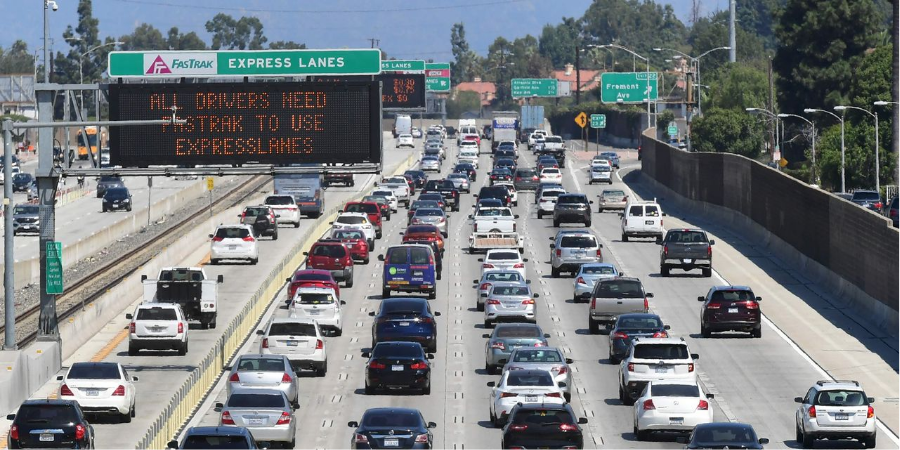India–US Trade Tensions Rise Over Steel and Auto Tariffs NMDC Limited reports a 38% drop in Q4 FY24 consolidated net profit RINL to Raise $23 Million Through Land Sales Amid Crisis

The Biden administration plans to ease rules on tailpipe emissions for electric vehicles (EVs), according to a report by The New York Times. This move is part of a broader effort to accelerate the adoption of EVs and reduce greenhouse gas emissions. The current regulations, established under former President Donald Trump, require automakers to improve fuel efficiency by 1.5% annually through 2026. The new proposal, expected to be announced soon, would still aim to increase fuel efficiency but at a slower pace.
The decision comes as automakers are ramping up production of EVs to meet growing demand and comply with stricter emission standards in other countries. The administration hopes that by relaxing the rules, it will encourage more Americans to switch to EVs, which produce zero tailpipe emissions. This shift is crucial for the United States to meet its climate goals and combat air pollution.
The move is likely to face criticism from environmentalists, who argue that stricter regulations are needed to combat climate change. They argue that the United States should follow the lead of countries like China and the European Union, which have set ambitious targets to phase out internal combustion engine vehicles.
However, the auto industry has welcomed the news, as it will give them more flexibility in meeting emission targets. Automakers have already committed billions of dollars to electrify their fleets, and relaxing the rules could help them avoid potential fines for not meeting the standards.
The Biden administration's decision reflects a balancing act between promoting EVs and supporting the auto industry. It remains to be seen how this move will impact the adoption of EVs and the fight against climate change in the United States.
Also Read : US Issues Final Anti-Dumping Margins for WSPP Imports from India Trump Slaps 50% Tariffs on 407 Steel and Aluminum Products